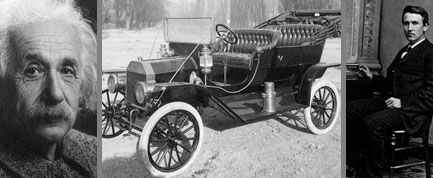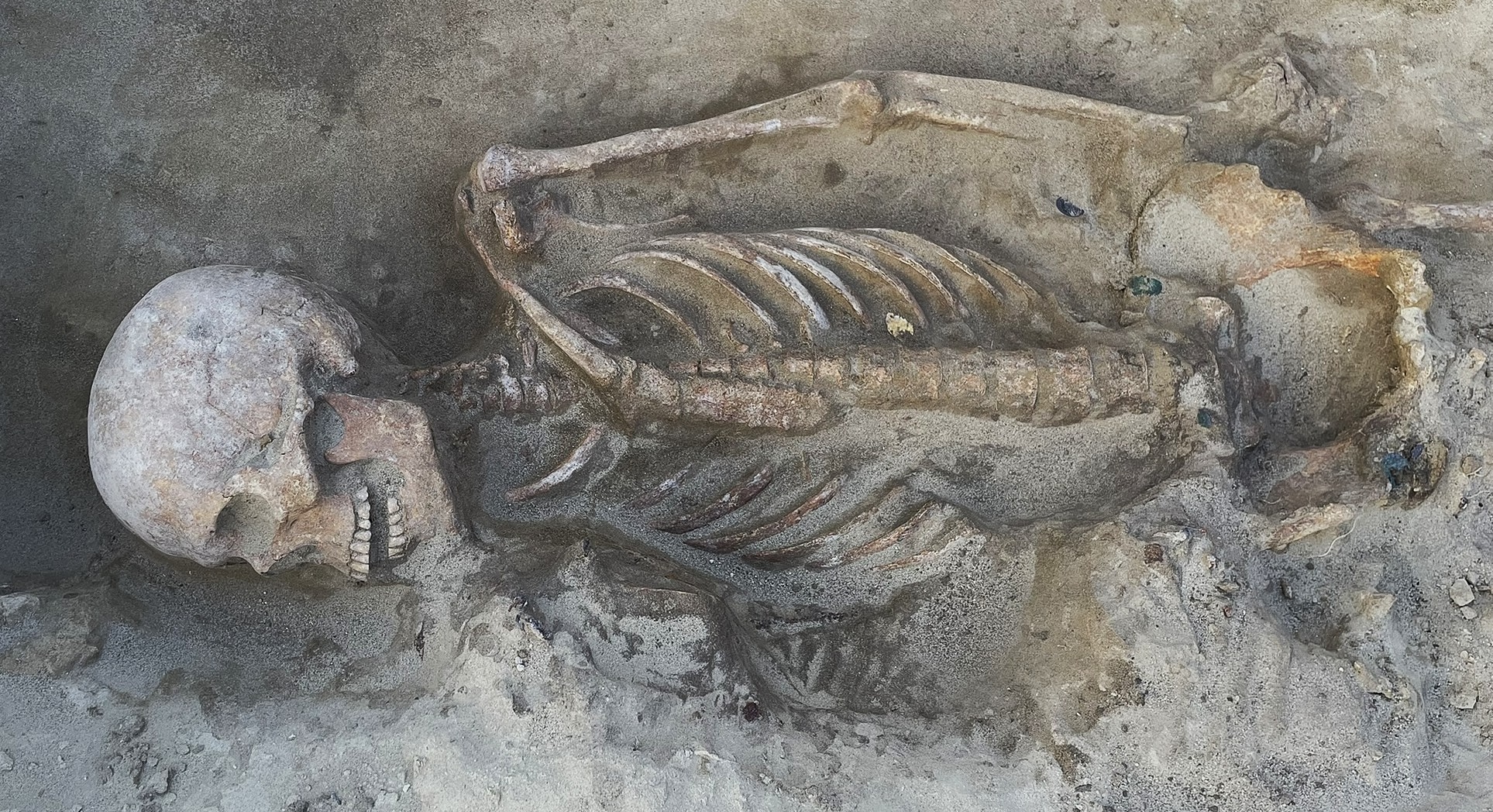A Brief History of U.S. Innovation

The United States has always prized its history of individual creativity, citing a unique and ingrained American spirit of ingenuity.
Franklin Roosevelt called on it to pull the country out of the Depression, and President Obama focused on it in his most recent weekly address:
"It is only by building a new foundation that we will once again harness that incredible generative capacity of the American people," the president said. "All it takes are the policies to tap that potential — to ignite that spark of creativity and ingenuity — which has always been at the heart of who we are and how we succeed."
Inventors have certainly shaped the nation, especially in the heyday of American science from the late 19th to mid 20th centuries, when it produced such famous and revered names as Edison, Einstein, Ford, and many others.
But how did the United States really come by that reputation for innovation?
Great timing
Though other countries had their own very influential eras, America's distinction as a natural leader in technology stems in part from the fact that U.S. scientists — coincidentally and conveniently — peaked at a time when it first became possible to produce some of the most important technologies of the modern world.
Get the world’s most fascinating discoveries delivered straight to your inbox.
The United States did not begin its history as a scientific powerhouse. Despite encouraging invention, those first few decades of its existence were spent relatively poor, both economically and in technological infrastructure.
It was Britain and Germany, rather, that dominated science into the 19th century. While British engineers built the foundation for the Industrial Revolution, helped largely by their invention of the steam engine, German scientists developed key principles in the world of physics.
With the framework laid in Europe, it was easier for the United States to excel when it finally emerged from the Civil War in 1865, according to University of Pennsylvania historian of technology Thomas P. Hughes, who explores this "golden age" of American science in his book American Genesis: A Century of Invention and Technological Enthusiasm, 1870-1970 (University of Chicago Press; 2004).
"No other nation has displayed such inventive power and produced such brilliant innovators as the United States during the half-century that began around 1870," wrote Hughes, who noted that the number of new patents issued annually in the country more than doubled between 1866 and 1896.
Americans were naturals at applied science, improving many ideas that were already in existence and bringing them to fruition with resources newly available during the Industrial Revolution: Samuel Morse did it in creating the telegraph; Thomas Edison didn't invent the light bulb, but he made it practical and got his name in lights for the work; many men attempted to fly before the Wright brothers finally succeeded — under power and more or less controlled — at Kitty Hawk in 1903.
During this time of "independent" invention, it was often the last link in the chain that got credit. And that final link was often American.
Influx of brainpower
During this era, the United States also benefited from the influx of brainpower from around the world, able to claim the imported knowledge as their own.
Many European scientists, recognizing the incredible creative potential of the growing country and drawn by grants from well-funded institutes, made the move between the two world wars. Nikola Tesla, one of the "fathers of electricity," was among them, as well as and many of the researchers involved in the creation of the atomic bomb, such as Albert Einstein.
Since the mid 20th century, national borders around scientific achievement have relaxed. U.S. scientists have been involved in important recent discoveries, but easier communication and partnerships between multinational institutions, rather than independent research, has made science a more global affair.
Whether another age of inventors is on the way in the United States remains to be seen, according to Hughes.
"As yet, however, we have not realized the remarkable quality of a comparable era in American history," he said.
- Top 10 American Innovations
- The Greatest Modern Minds
- SPECIAL REPORT: Innovation
Editor's Note: This article is part of a series this week about the history and future of innovation in science and technology that makes life better and more productive.



